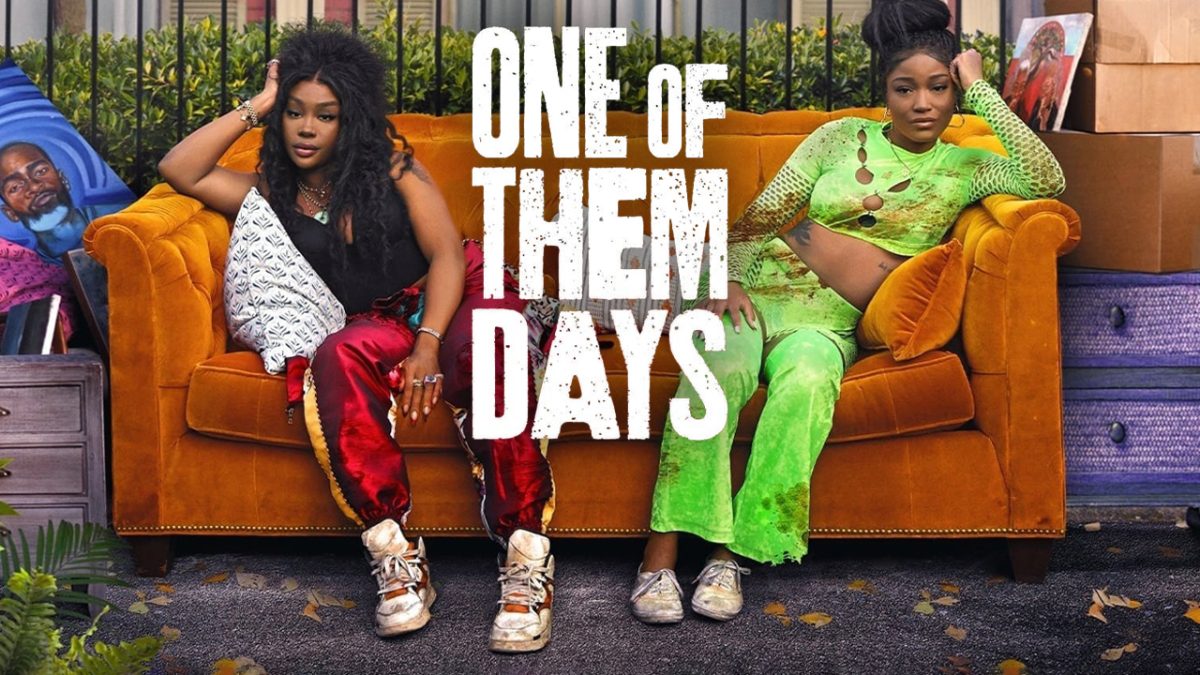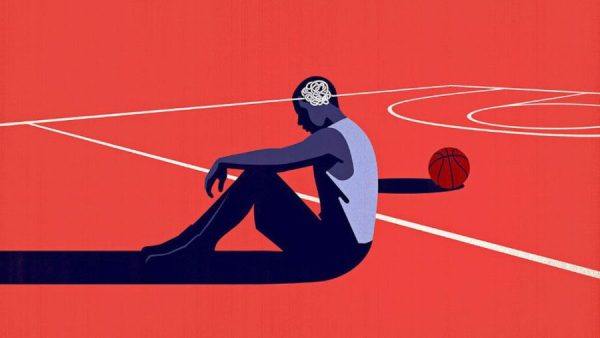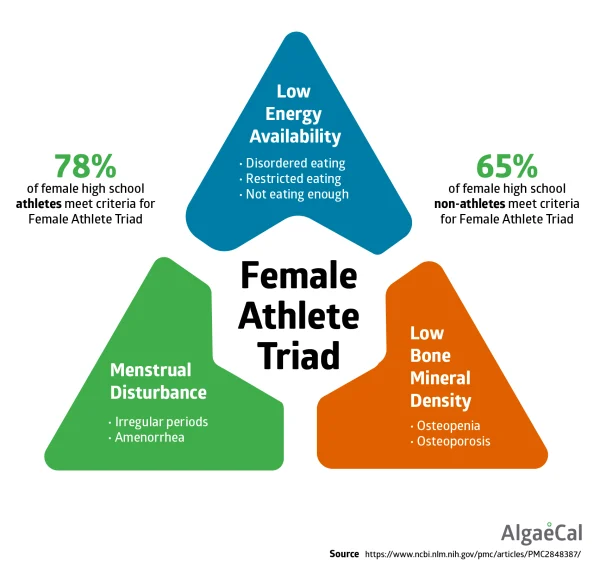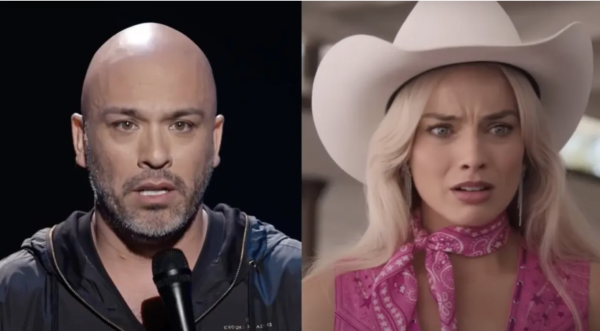Persisting Problems in the Police
The tragic death of George Floyd incited an eruption of rage across the world and triggered riots, marches, and protests all over the world to combat racism. With the American people growing tired of seeing innocent, unarmed black people killed by those who are sworn to serve and protect, the idea of abandoning the police force as a whole has become more and more popular. This proposal is certainly a preposterous one, but one thing for certain is that there has to be some sort of police reform.
Flaws are abundant within our country’s police system and it is not hard to find the reasons behind its corruption. From its inception, the police force was used to catch runaway slaves and has slowly evolved as a means to target people of color. If you disagree, then just look at the statistics:
- Black people make up 24% of those killed by the police despite only being 13% of the population.
- Unarmed black people are 1.3 times more likely to be killed by police compared to white people, and 3 times more likely in general.
If the statistics aren’t enough, just look at the countless videos plastered on social media every day of those who unjustly had their lives taken away from them. You know the names: Eric Garner, Tamir Rice, Aiyana Jones. All too often we see police revert to violence and firearms when simple de-escalation techniques are sufficient. The fact that 99% of police officers who kill civilians don’t even get charged for a crime further proves that police are not held accountable for their actions.
So what can we do to limit the number of police brutality cases? How can we prevent officers from thinking that they are above the law and abusing their power? It all starts with the training. According to the Bureau of Justice Statistics, the police academy training is about 840 hours over the span of 21 weeks. Compare that to countries like Germany where they train for 130 weeks and you will see how inadequate our training is. In Finland, one of the safest countries in the world, police officers don’t even receive force training until 16 weeks in. Instead, they are educated on topics such as criminal law, legislation, and human rights. Whereas in Minneapolis, a rookie would be awarded a gun and a badge at this point, and that is where the issue lies. When you base police training around violence and brute force, you get a system where officers are irrationally violent towards people who commit the most minuscule of crimes. If we want to have a system of police that actually serves and protects and who we can trust, we have to build it on a system of actual education and understanding of human rights. Otherwise, we will encounter situations where two rookie cops sit back and watch as another man murders an innocent civilian by kneeling on his neck.
With over two million incarcerated, the United States is now the country with the most prisoners out of any country on the planet. But the problem is not only the mass populations we have in prisons but also the extremely high recidivism rate we have. The term recidivism refers to prisoners who go back to jail for a similar crime. America has one of the highest recidivism rates in the world with a whopping 76% of prisoners getting rearrested within 5 years. The reason why these numbers are so high is that the approach to prison in the United States is so wrong. Police officers are seen as figures to be feared instead of trusted. Jails are solely used as punitive measures instead of rehabilitation centers. How can we expect people who do bad things to change if we can’t show them the error of their ways? In his new song, Snow on Tha Bluff, J. Cole says, “It’s more effective to treat people like children, understanding the time and love and patience that is needed to grow” and he is right. Of course, there are heinous crimes that are unforgivable but in many cases, people can change and recognizing prison for rehabilitation as punishment is crucial in decreasing our recidivism rate.
There are several underlying issues within our police system that need to be addressed to have a better future for all people, and it all starts with education. Change will be difficult but it is certainly not impossible. Click the link below to read more about a successful, reformed police system.










































































